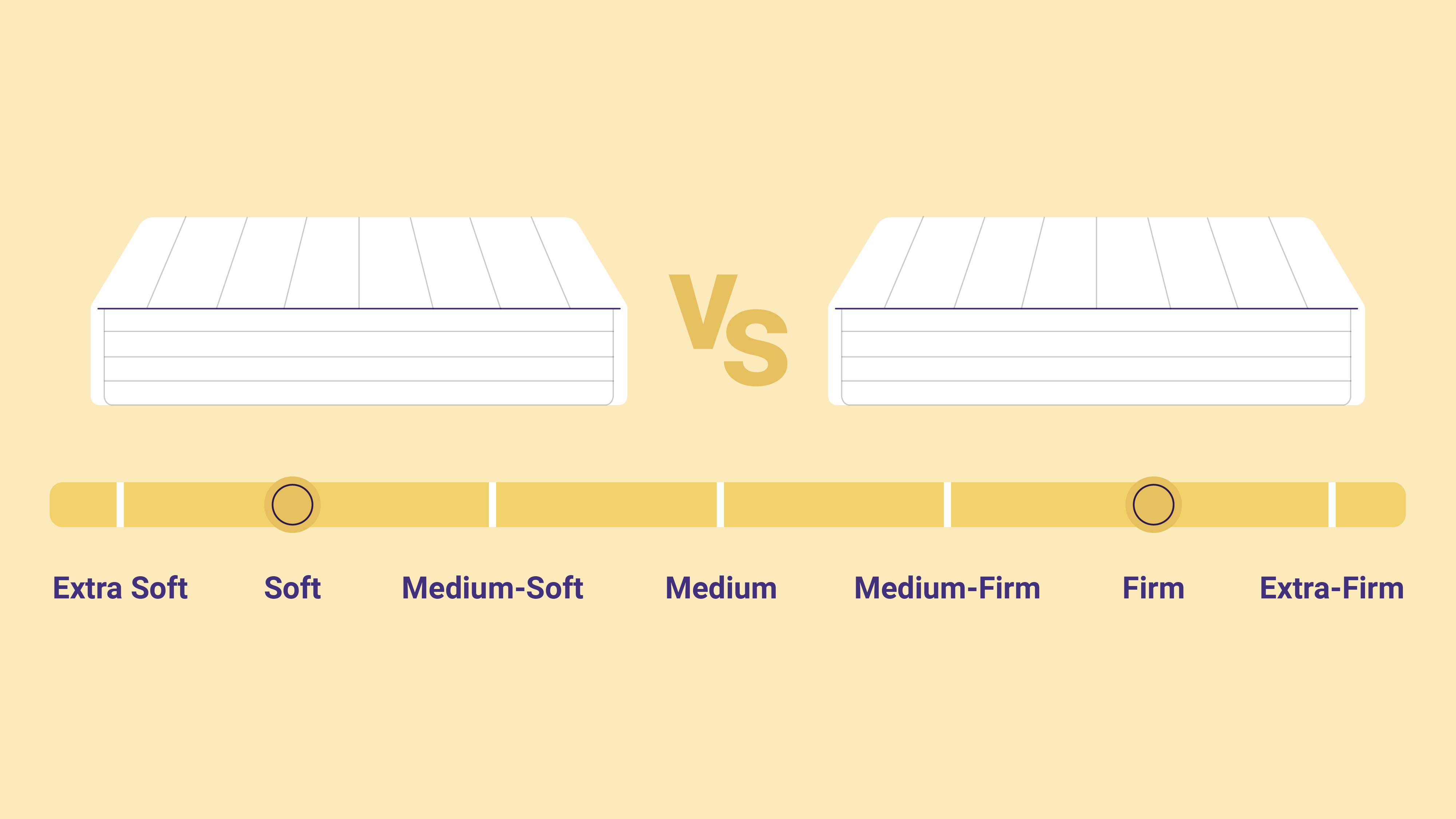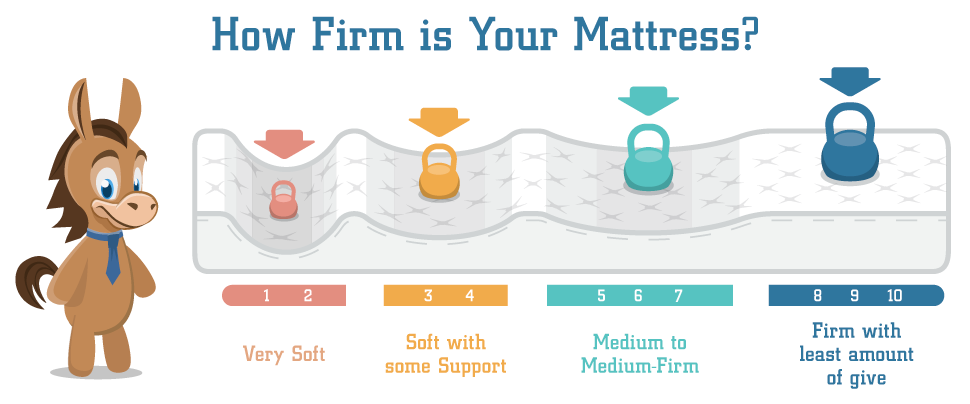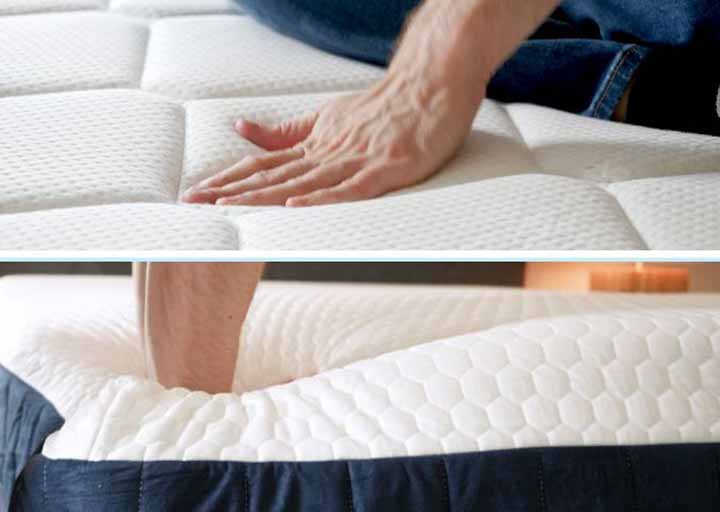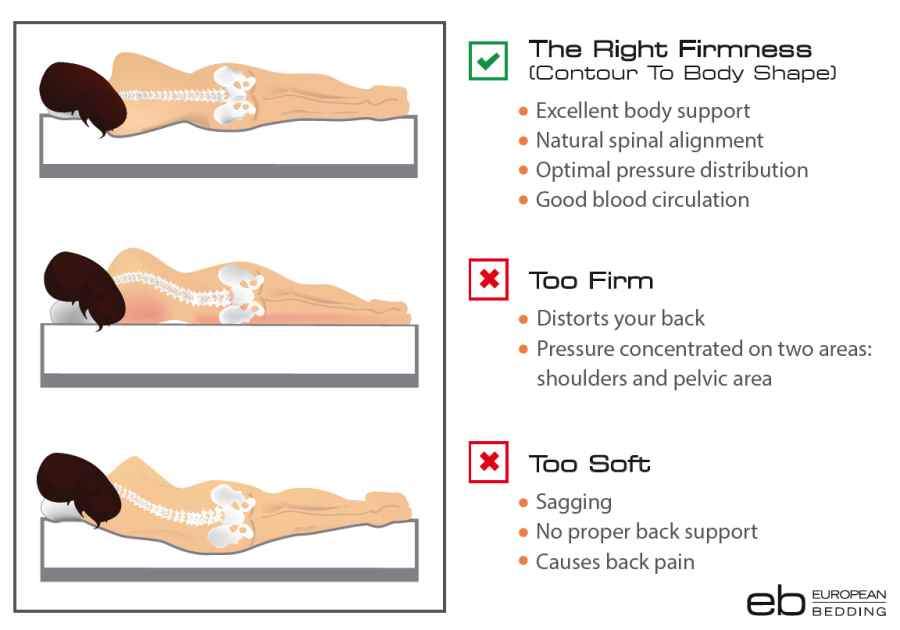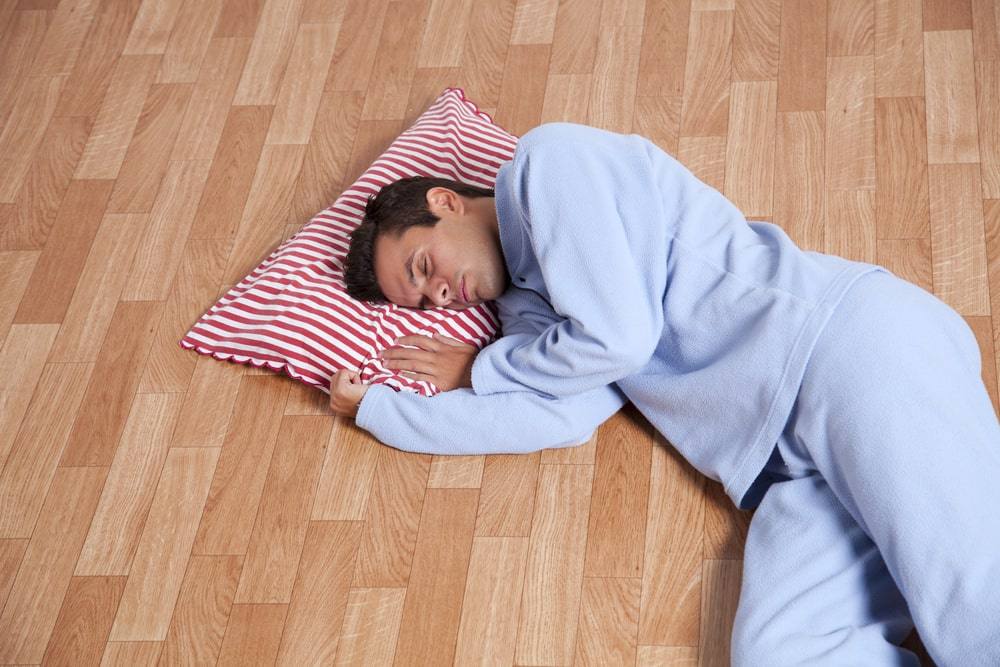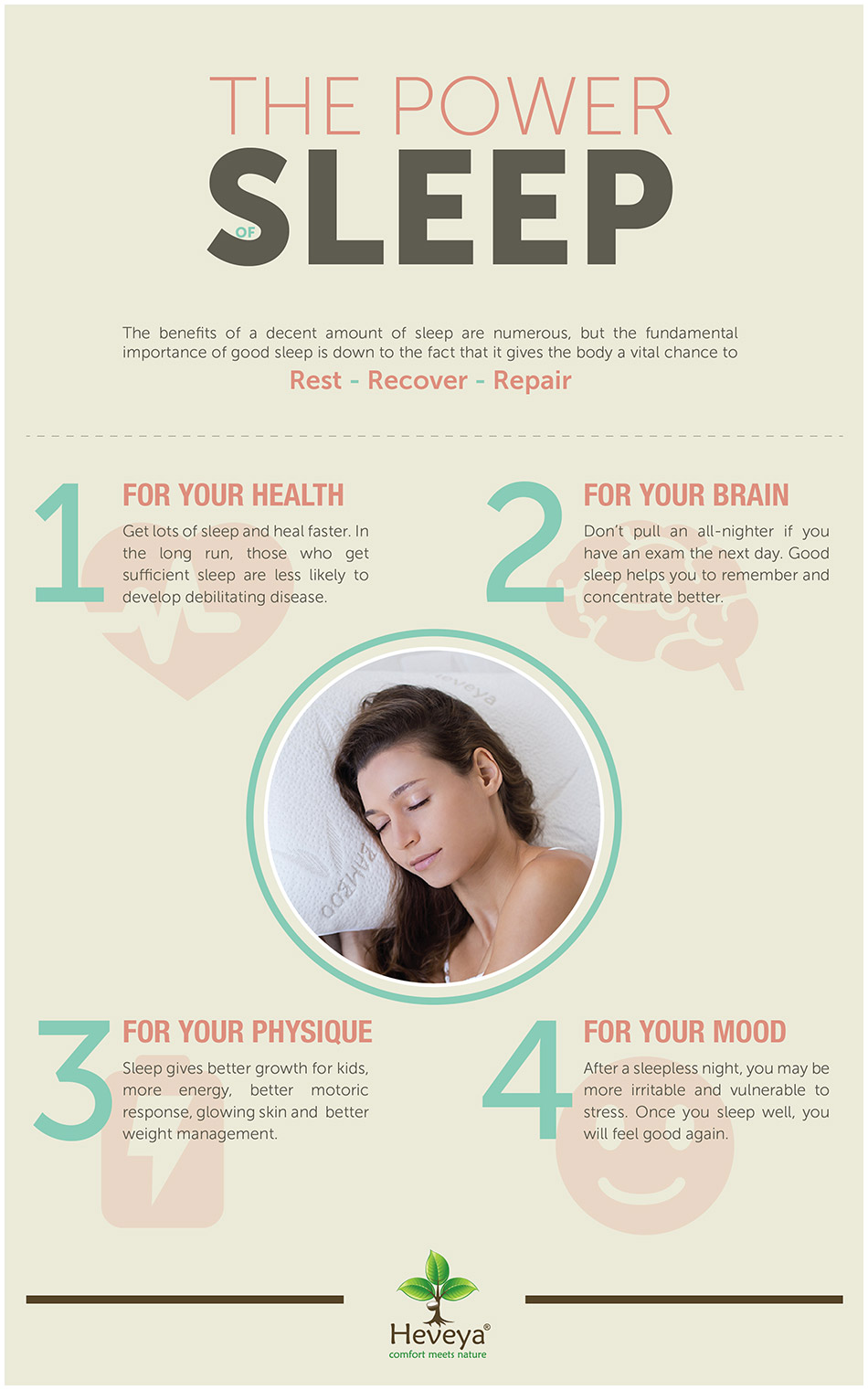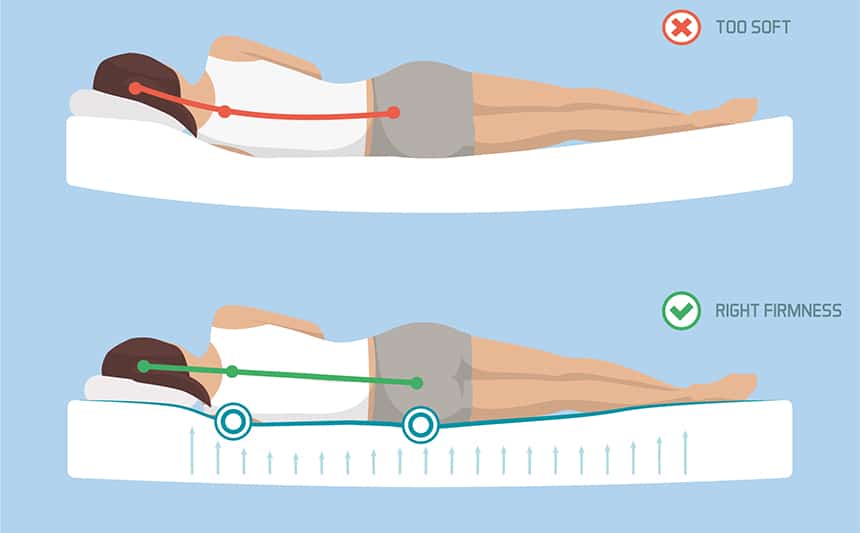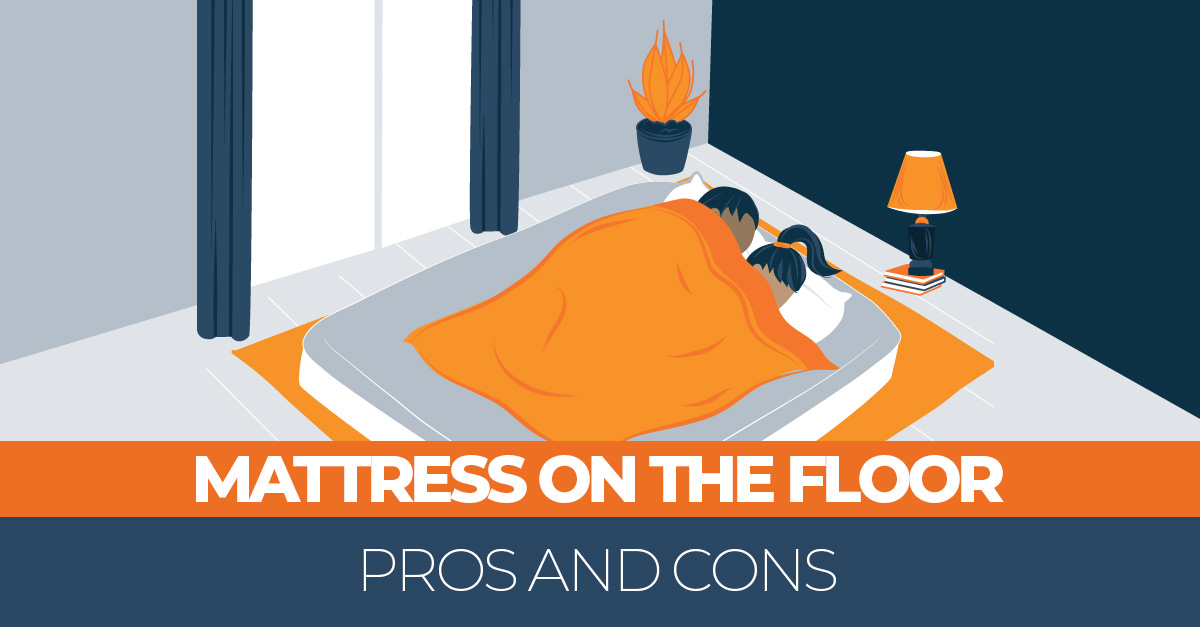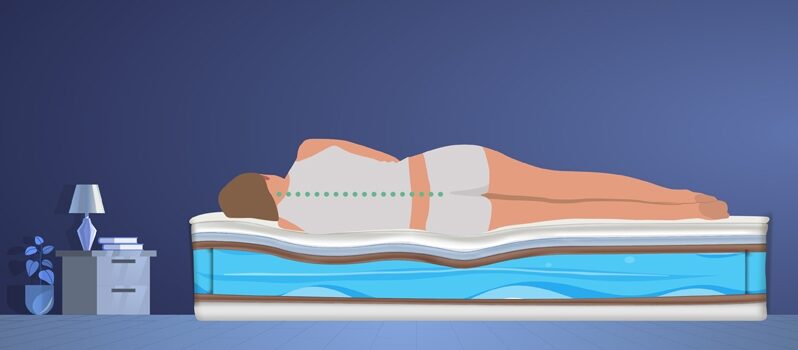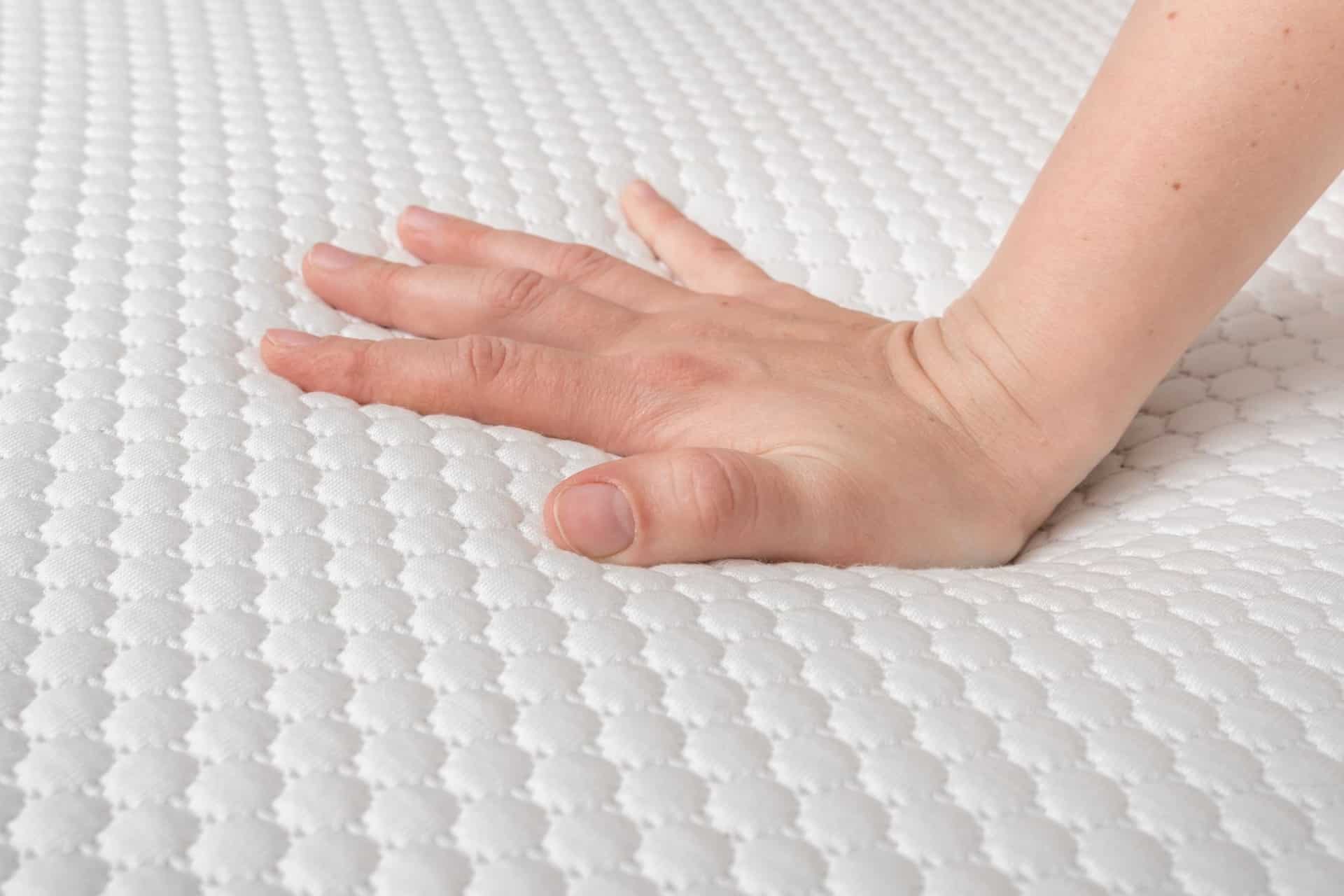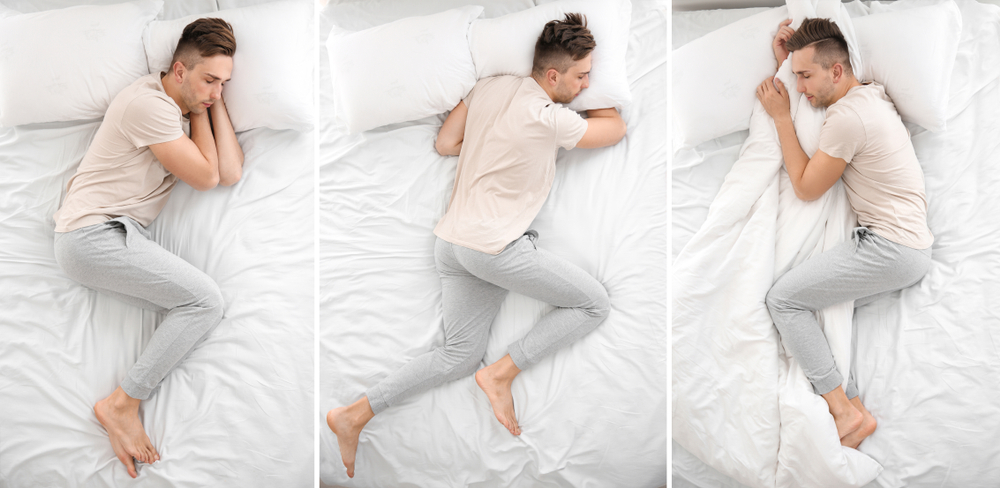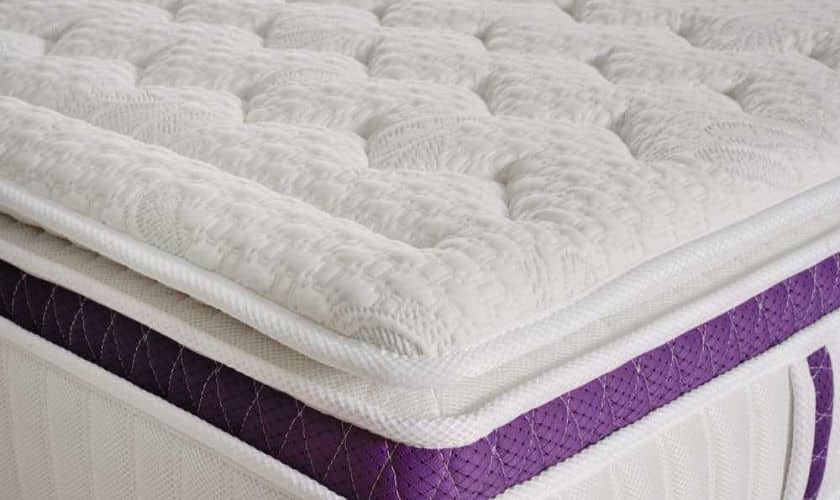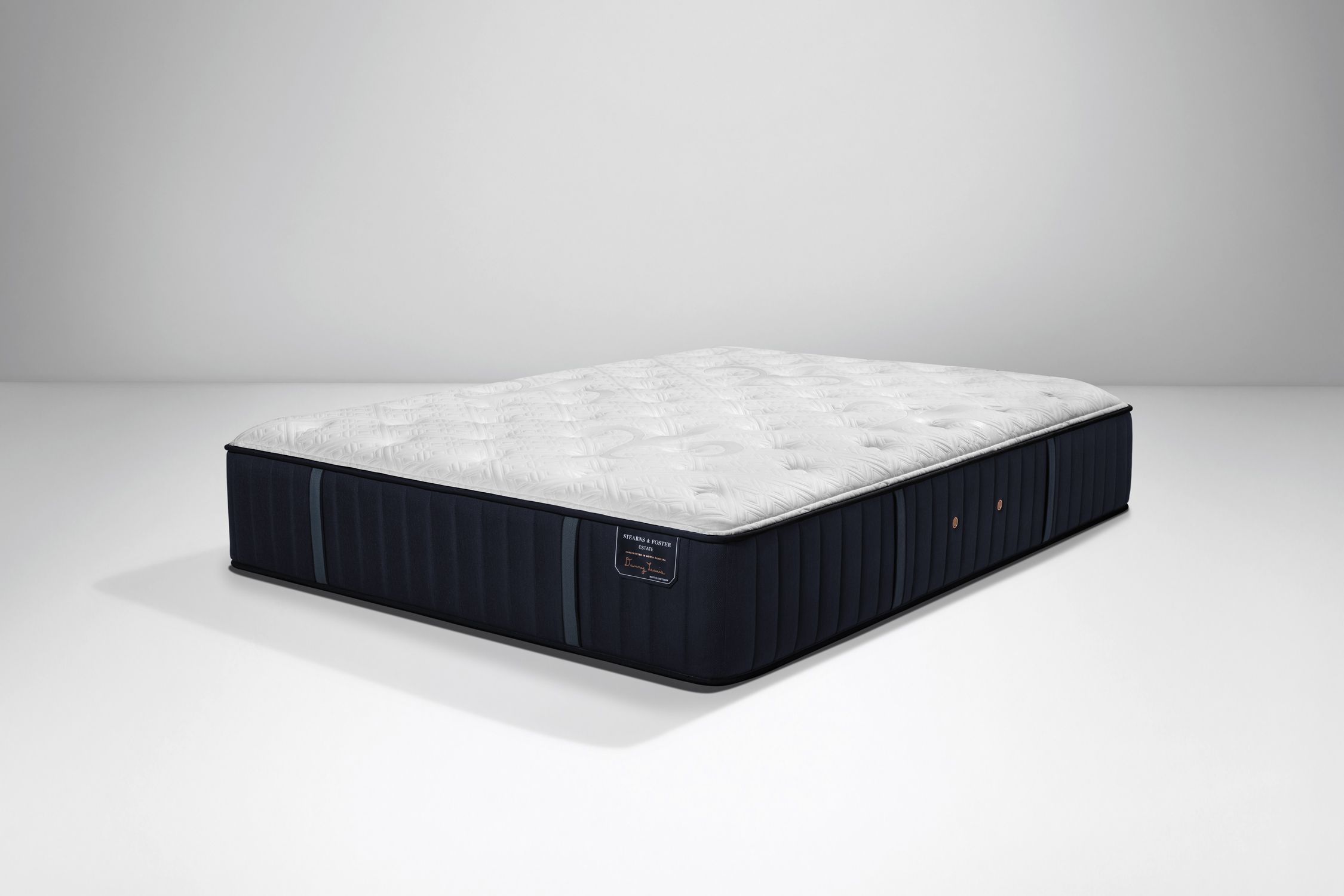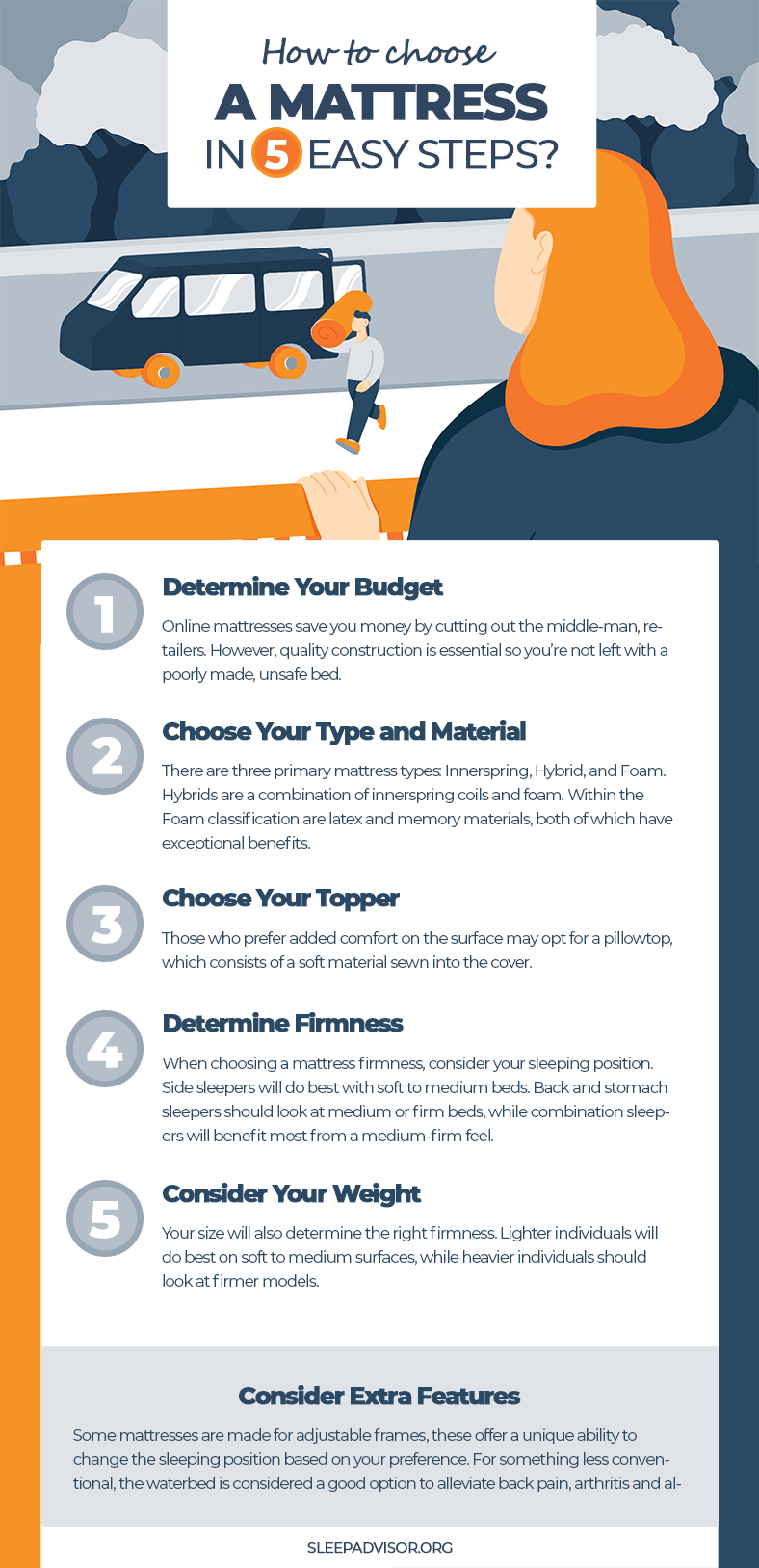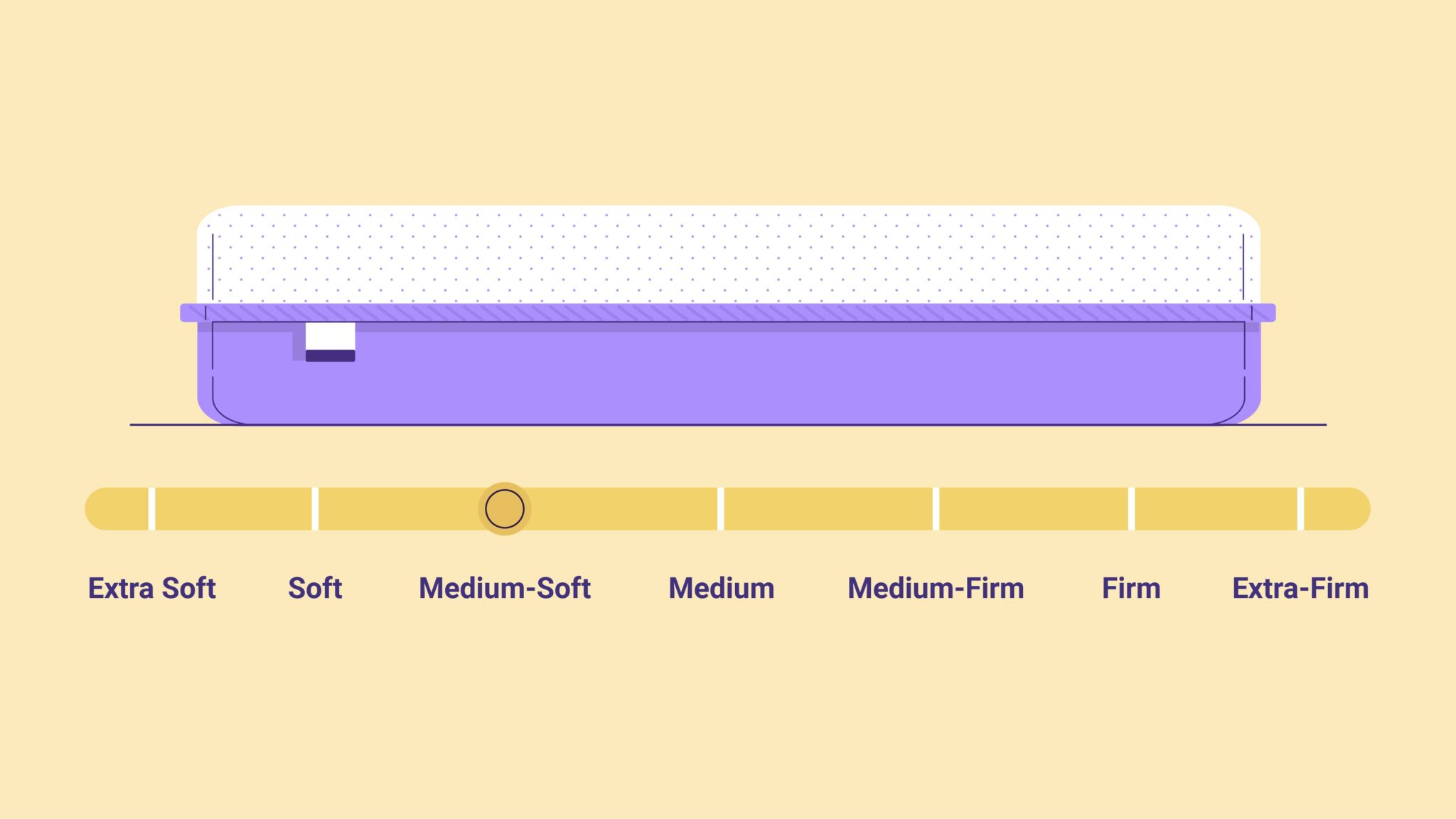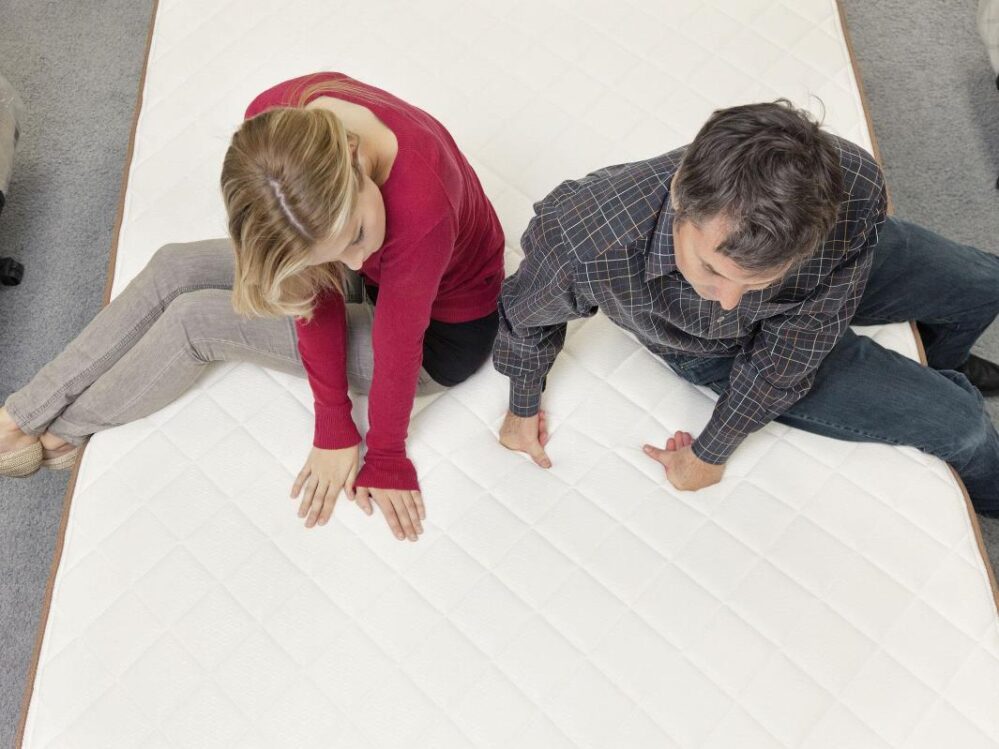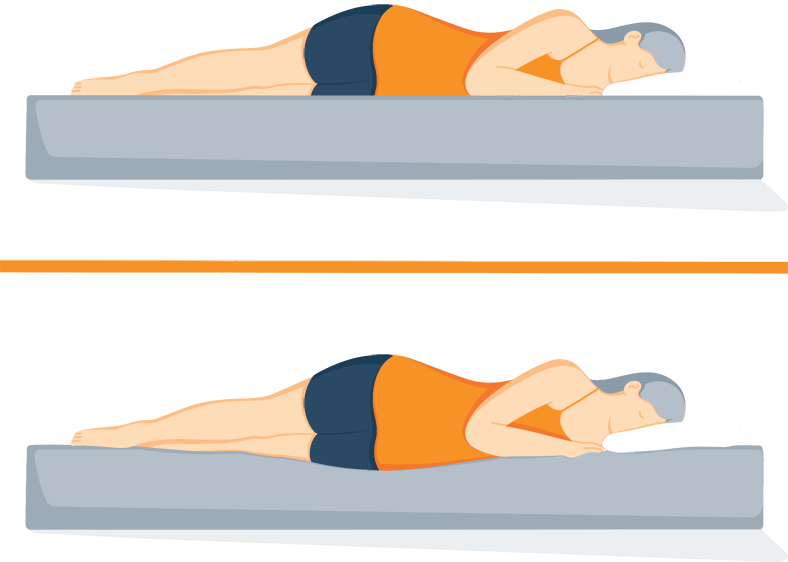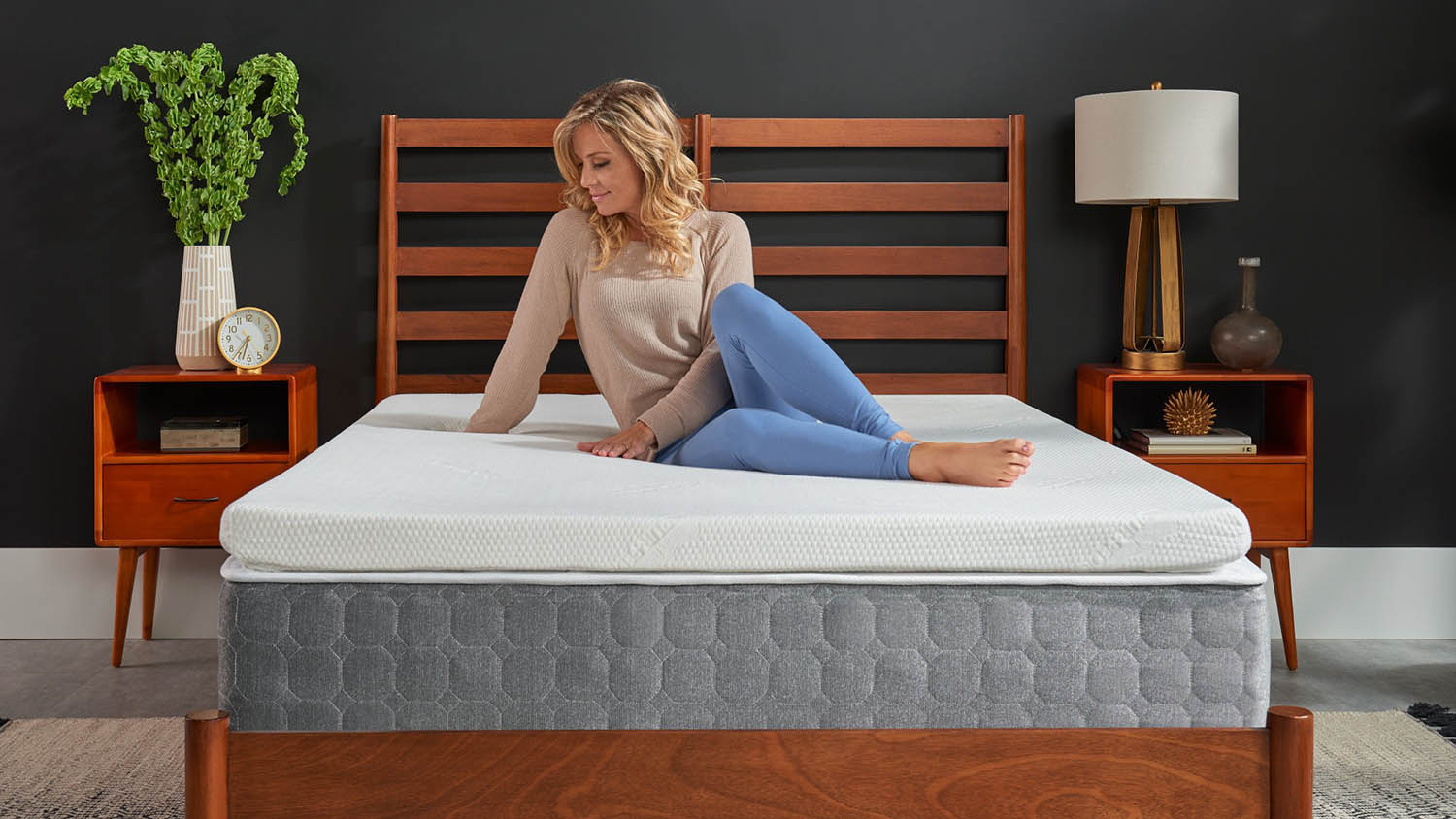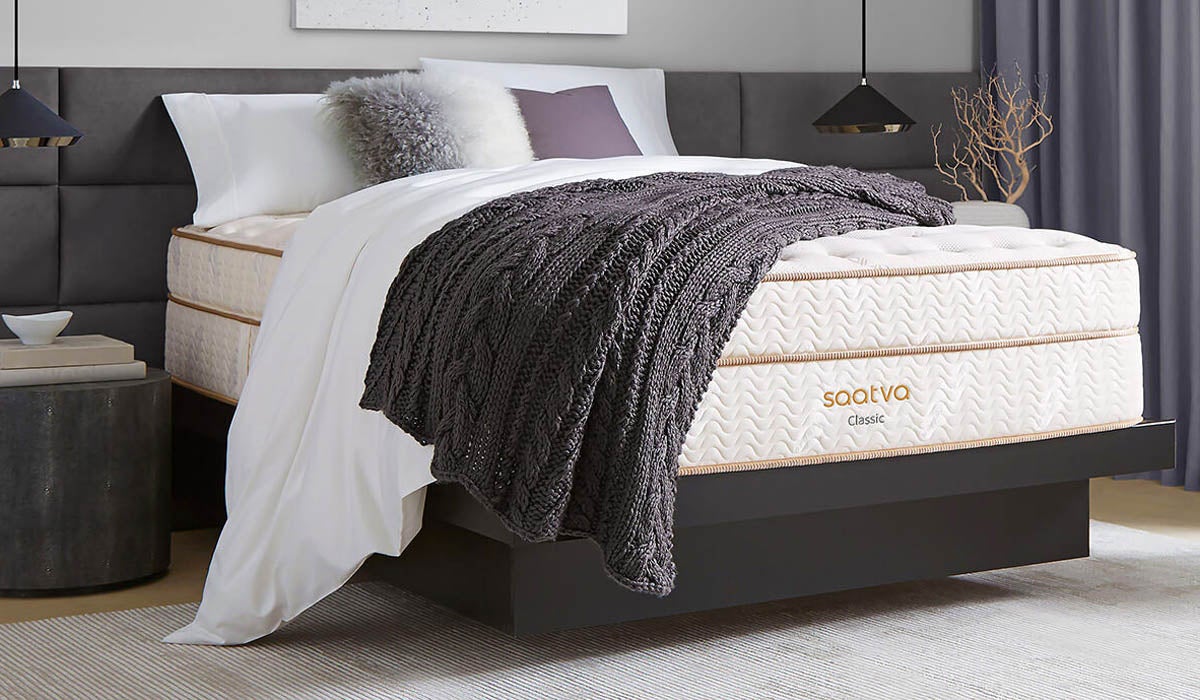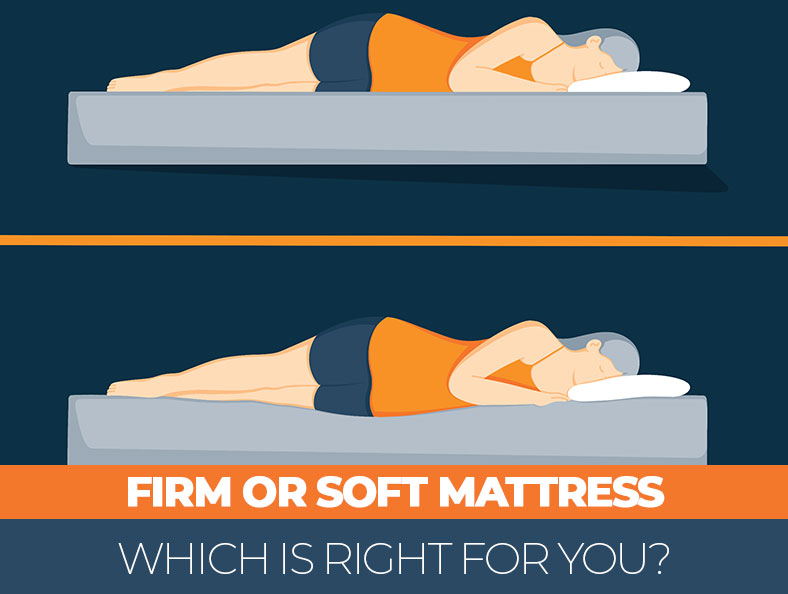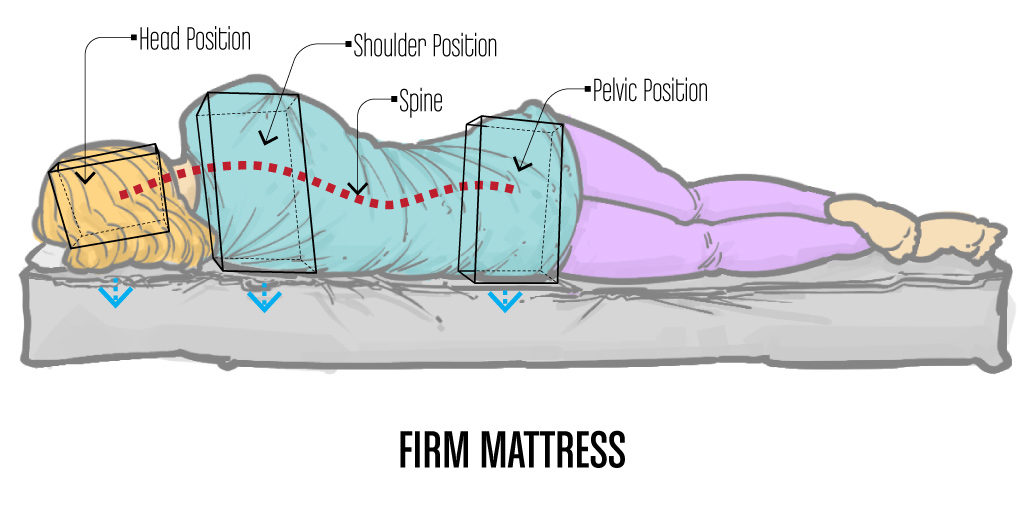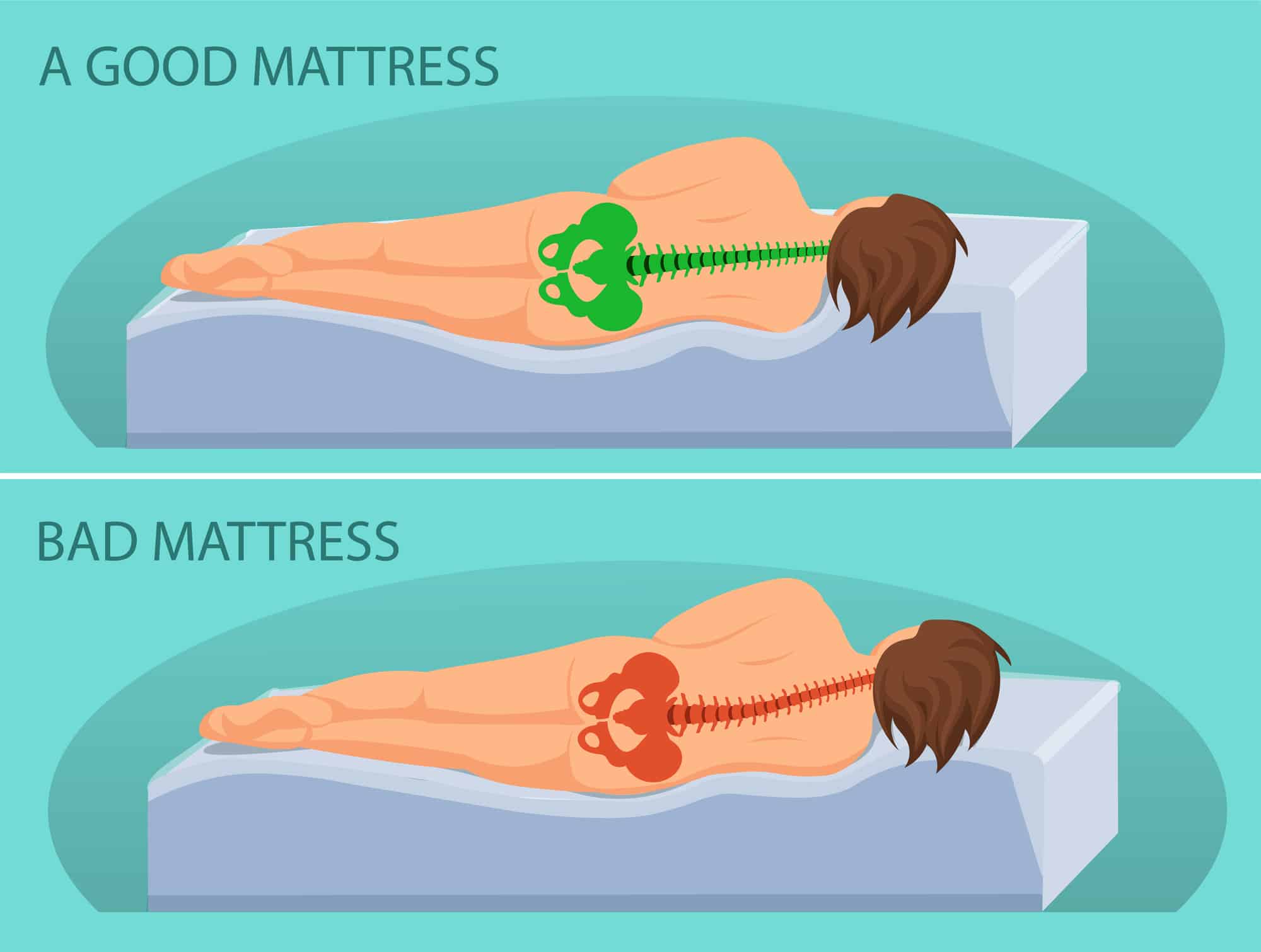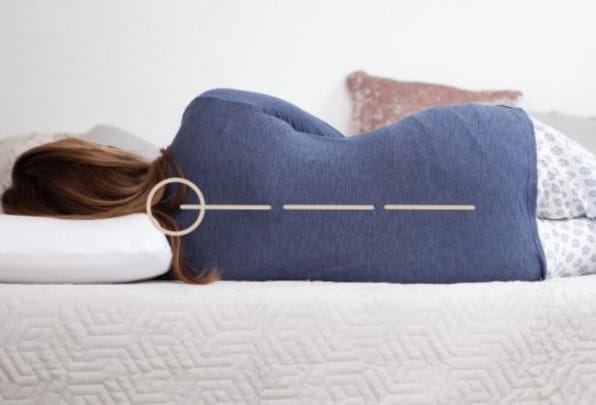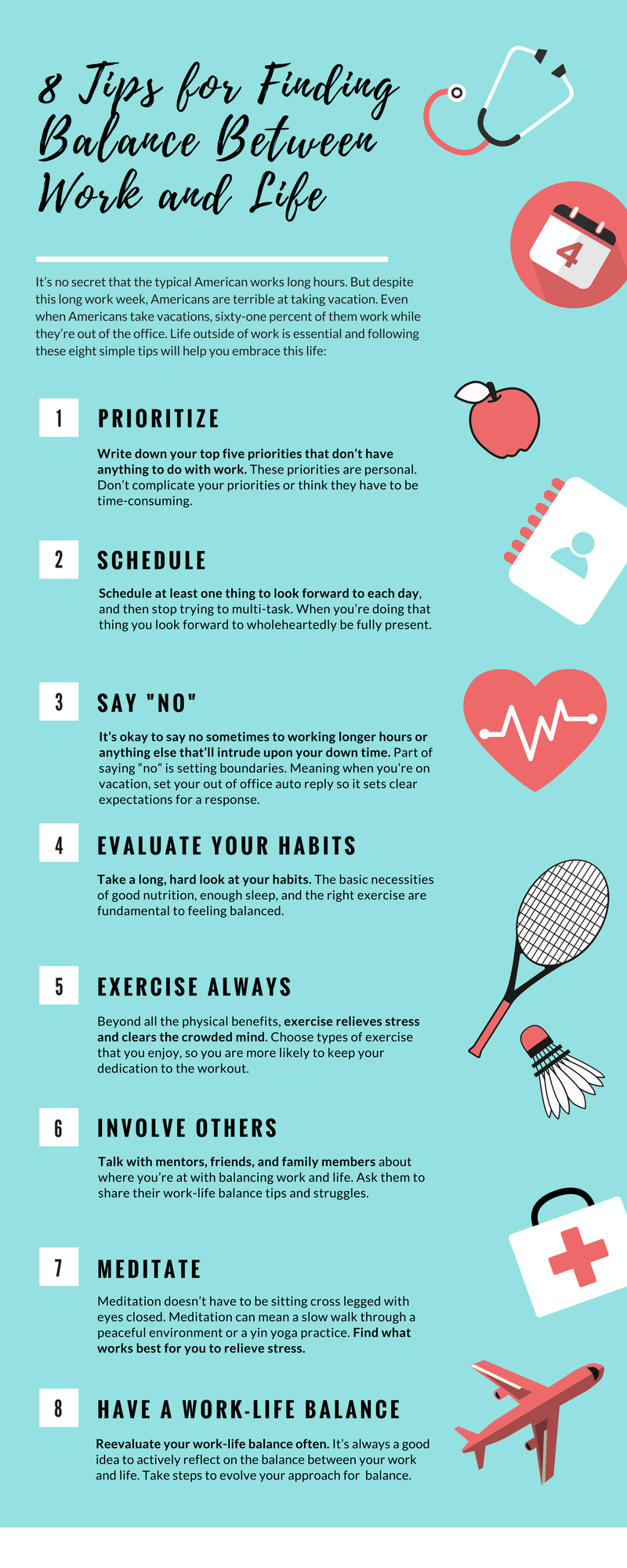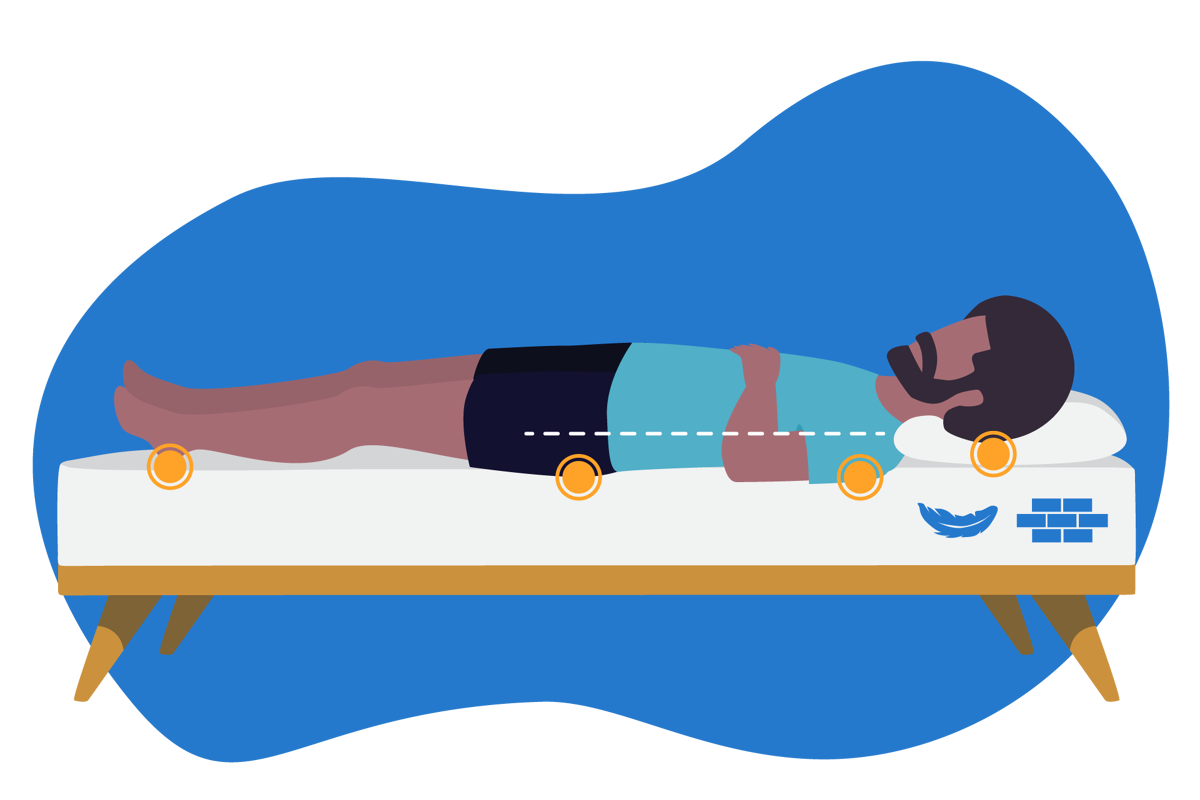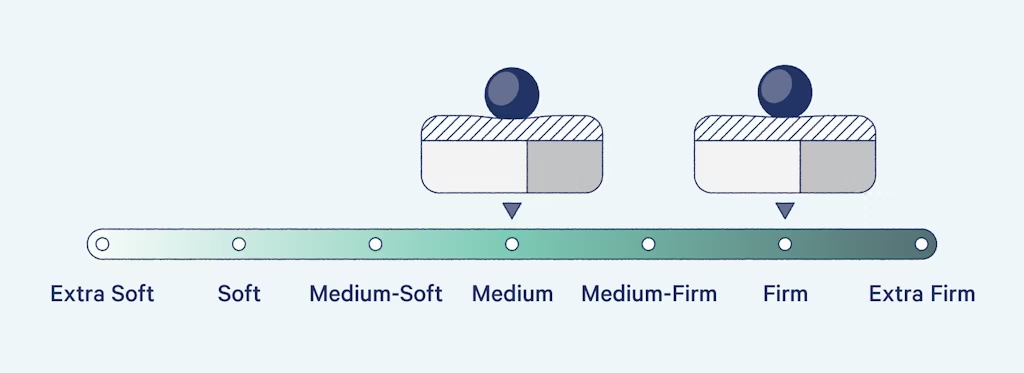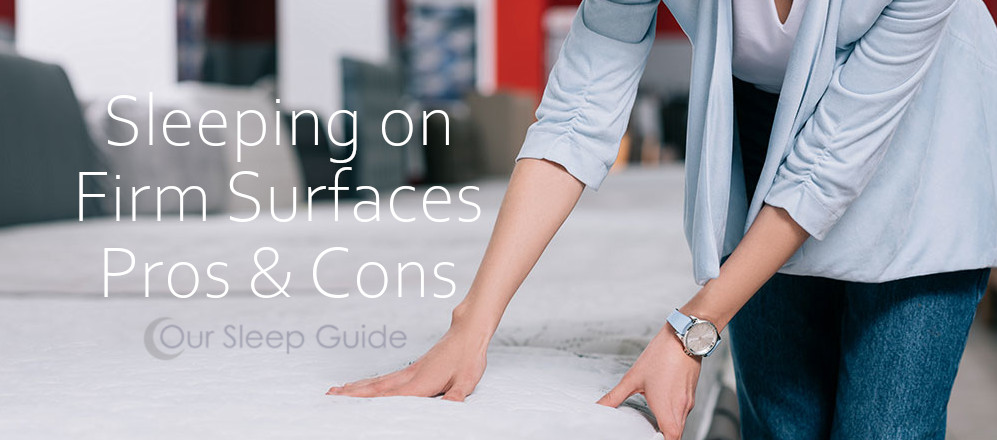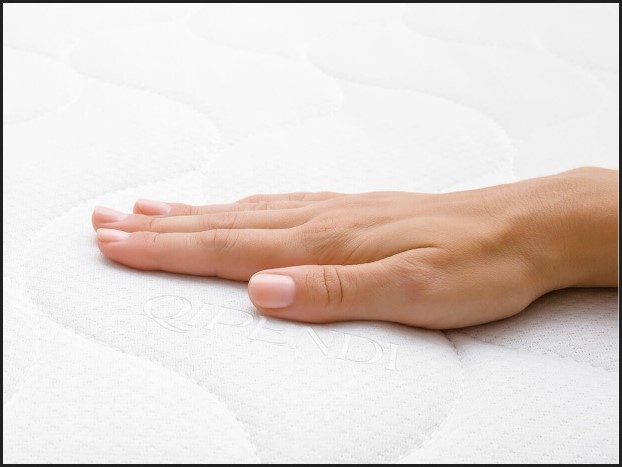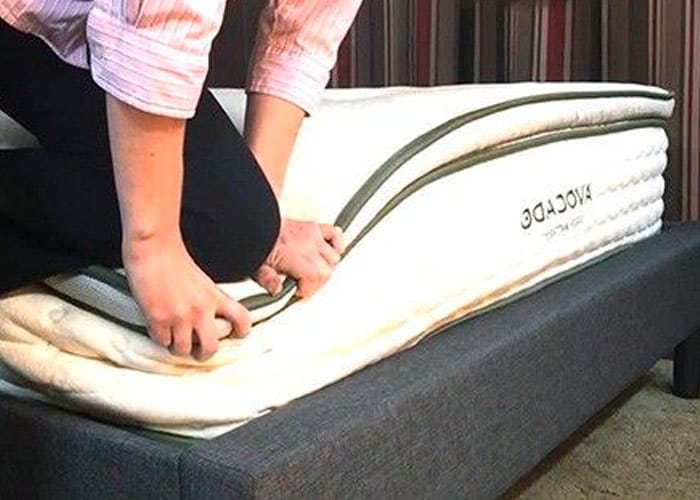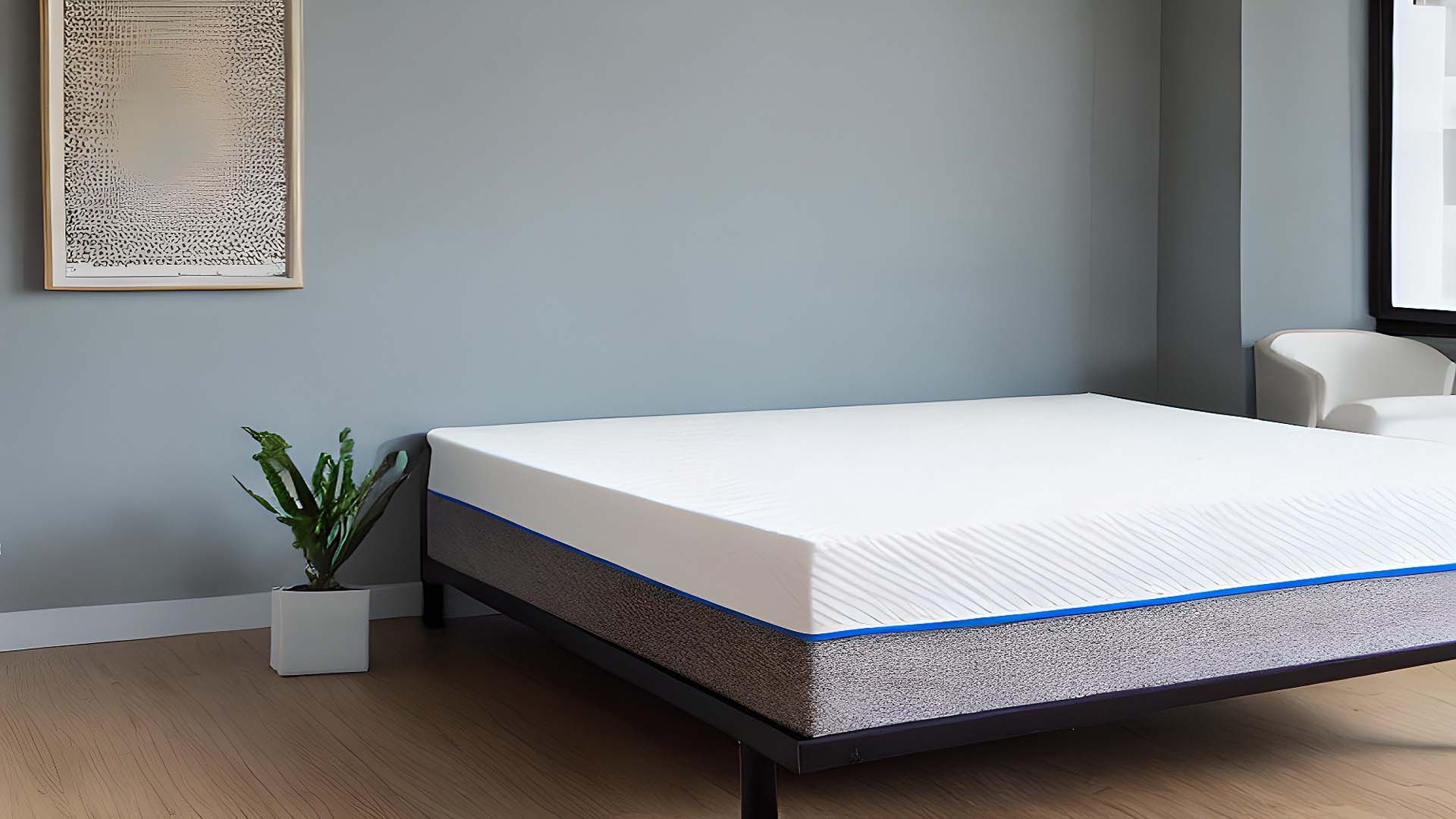Firm vs Soft Mattress: Which One is Better for Your Sleep?
Choosing the right mattress is crucial for getting a good night's sleep. With so many options available, it can be overwhelming to decide which one is best for you. One of the biggest debates in the mattress world is whether to sleep on a firm or soft mattress. While both have their benefits, it ultimately comes down to personal preference and what works best for your body. Let's explore the pros and cons of sleeping on a firm or soft mattress to help you make an informed decision.
The Pros and Cons of Sleeping on a Firm Mattress
A firm mattress is known for its solid support and lack of sinkage. It is typically recommended for people who sleep on their back or stomach, as it helps keep the spine aligned. The firmness also prevents your body from sinking too deeply into the mattress, which can lead to back pain. However, sleeping on a firm mattress may not be suitable for everyone. For side sleepers, a firm mattress may put too much pressure on the shoulders and hips, causing discomfort and affecting sleep quality.
The Benefits of Sleeping on a Soft Mattress
A soft mattress offers a plush and cushioned surface for a cozy and comfortable sleep. It is often preferred by side sleepers as it provides relief for pressure points and allows the body to sink in slightly for better alignment. A soft mattress can also be beneficial for people with joint pain or arthritis, as it reduces pressure on sensitive areas. However, a major drawback of sleeping on a soft mattress is that it may not provide enough support for back and stomach sleepers, leading to back pain and discomfort.
How to Choose the Right Mattress for Your Sleeping Style
When it comes to choosing between a firm or soft mattress, it's important to consider your sleeping style. If you're a back or stomach sleeper, a firm mattress may be more suitable for you. On the other hand, side sleepers should opt for a softer mattress to relieve pressure points. If you're a combination sleeper, a medium-firm mattress would be the best option to provide support and comfort for all sleeping positions.
The Science Behind Firm and Soft Mattresses
The firmness of a mattress is determined by the materials used in its construction. A firm mattress is made with more dense and supportive materials, such as memory foam or latex, while a soft mattress is made with softer and more cushioning materials, like plush foam or pillow-top layers. The level of firmness can also affect the temperature regulation of a mattress. Firm mattresses tend to retain more heat, while soft mattresses allow for better airflow.
The Impact of Mattress Firmness on Sleep Quality
The firmness of your mattress can greatly impact your sleep quality. If your mattress is too firm or too soft for your body, it can lead to discomfort and disrupt your sleep. It's important to find a balance between support and comfort to ensure a good night's rest. If you're consistently waking up with aches and pains, it may be a sign that your mattress is not the right firmness for you.
Firm or Soft: Which Mattress is Best for Back Pain?
Back pain is a common issue for many people, and your mattress can either help or hinder it. For people with chronic back pain, a medium-firm mattress is typically recommended. This level of firmness provides enough support for the spine while also allowing for some sinkage to relieve pressure points. However, if you have specific back conditions, it's best to consult with a doctor for personalized mattress recommendations.
The Connection Between Mattress Firmness and Spinal Alignment
The firmness of your mattress plays a crucial role in maintaining proper spinal alignment. If your mattress is too firm, it can cause your spine to curve, leading to back pain. On the other hand, a mattress that is too soft can cause your spine to sink, also resulting in discomfort. It's important to find a mattress that supports the natural curvature of your spine, promoting proper alignment while you sleep.
Finding the Perfect Balance: Tips for Sleeping on a Medium-Firm Mattress
As mentioned before, a medium-firm mattress is often the recommended option for most sleepers. However, finding the perfect balance of support and comfort can be tricky. One tip is to try out different mattresses in-store and see which one feels most comfortable for you. Additionally, adding a mattress topper can help adjust the firmness level if needed. Remember, finding the right mattress is a personal experience, so don't be afraid to take your time and find the best fit for you.
The Role of Mattress Firmness in Temperature Regulation During Sleep
Temperature regulation is crucial for a good night's sleep. If your mattress retains too much heat, it can lead to discomfort and restlessness. Firm mattresses tend to retain more heat, while soft mattresses allow for better airflow. If you sleep hot, opt for a softer mattress or look for one with cooling technology to keep you comfortable throughout the night.
Sleep Better by Choosing the Right Mattress: Firm or Soft?

The Importance of a Good Mattress
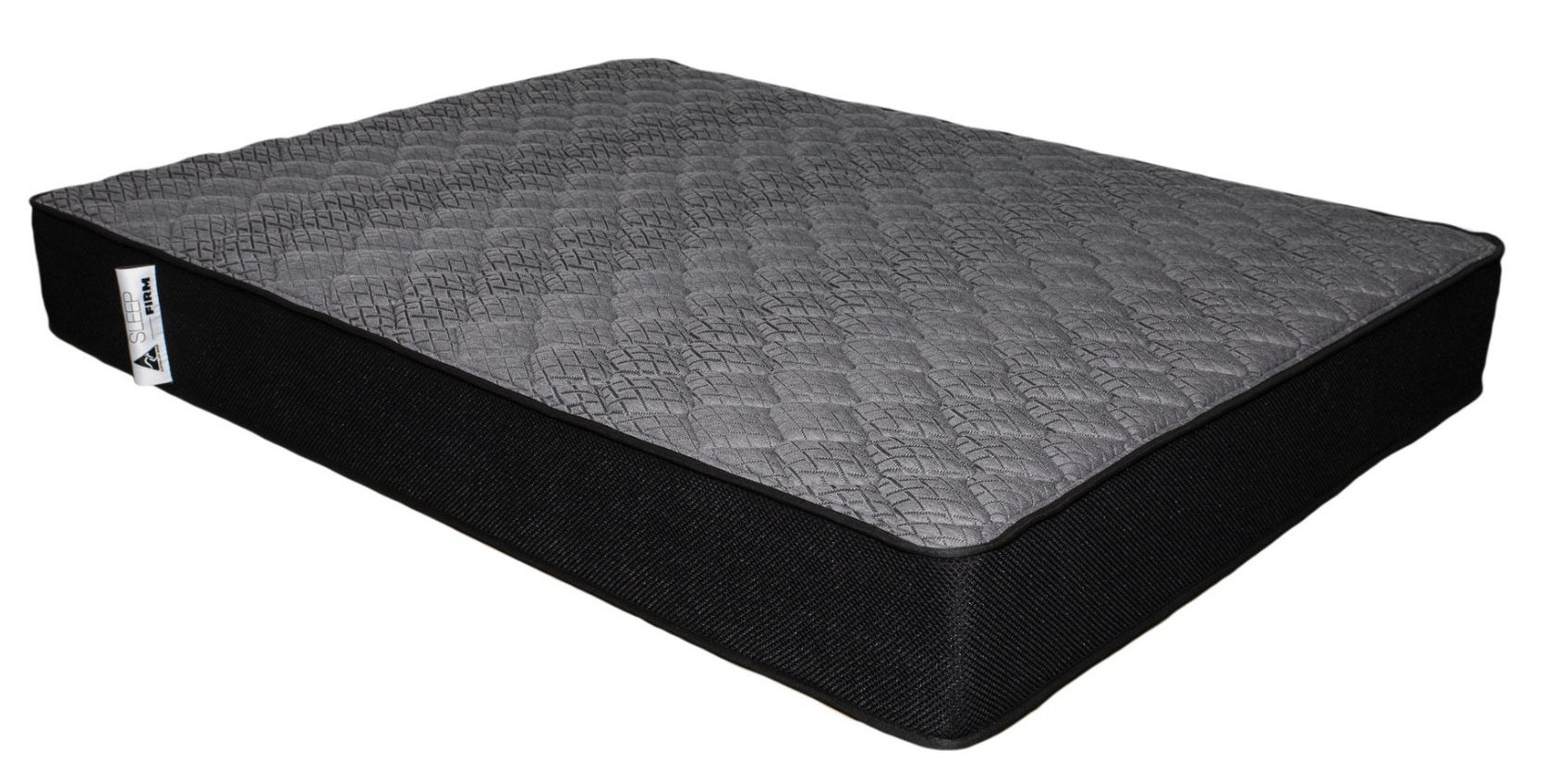 When it comes to designing our homes, we often focus on aesthetics and functionality. We carefully choose furniture, paint colors, and décor to create the perfect space. However, one aspect that is often overlooked is the mattress we sleep on. This is surprising considering the fact that we spend approximately one-third of our lives in bed. A good night's sleep not only helps us feel refreshed and energized, but it also has a significant impact on our overall health and well-being. That's why choosing the right mattress is crucial for a good night's rest.
When it comes to designing our homes, we often focus on aesthetics and functionality. We carefully choose furniture, paint colors, and décor to create the perfect space. However, one aspect that is often overlooked is the mattress we sleep on. This is surprising considering the fact that we spend approximately one-third of our lives in bed. A good night's sleep not only helps us feel refreshed and energized, but it also has a significant impact on our overall health and well-being. That's why choosing the right mattress is crucial for a good night's rest.
Understanding Firm and Soft Mattresses
 When shopping for a mattress, you may have come across the terms "firm" and "soft." These terms refer to the level of support and comfort a mattress provides. A firm mattress is designed to provide a solid and sturdy surface, while a soft mattress offers a plush and cushioned feel. Both types have their own benefits and drawbacks, and choosing the right one for you depends on your personal preferences and needs.
When shopping for a mattress, you may have come across the terms "firm" and "soft." These terms refer to the level of support and comfort a mattress provides. A firm mattress is designed to provide a solid and sturdy surface, while a soft mattress offers a plush and cushioned feel. Both types have their own benefits and drawbacks, and choosing the right one for you depends on your personal preferences and needs.
The Benefits of a Firm Mattress
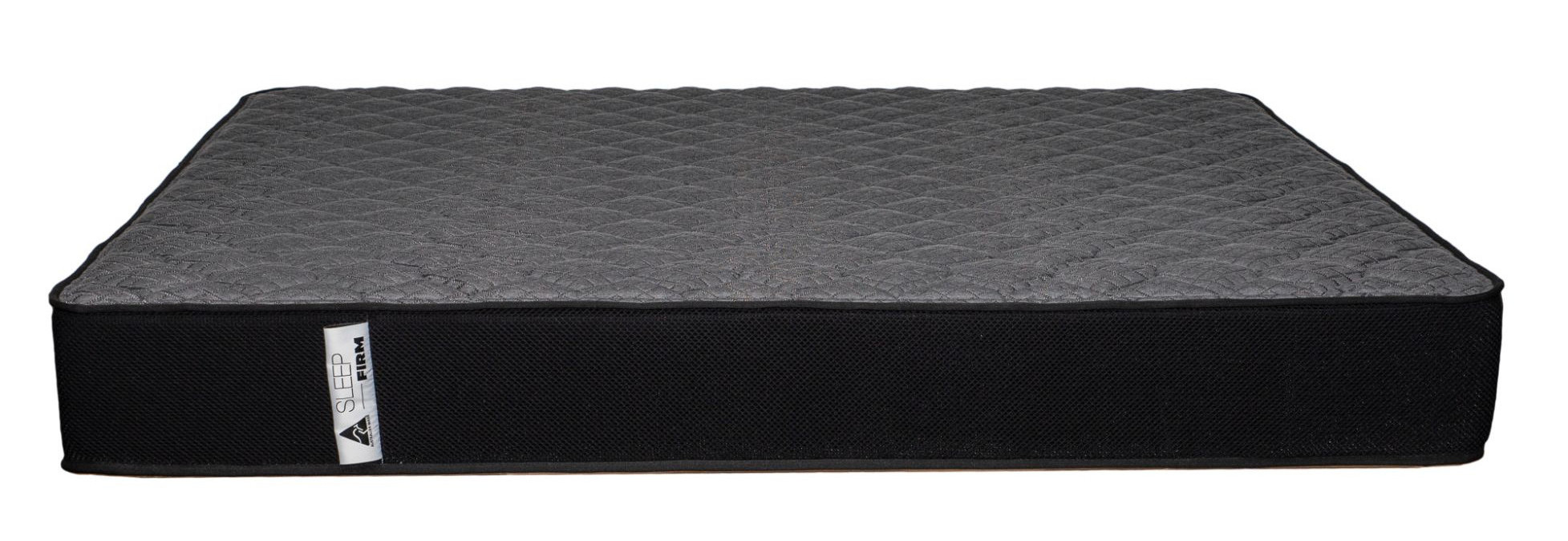 A firm mattress is often recommended for those who suffer from back pain. The extra support and stability can help alleviate pressure on the spine and provide proper alignment. This can also be beneficial for those who are overweight, as a firm mattress can evenly distribute body weight and prevent sinking in too deeply. Additionally, a firm mattress can be a better option for stomach sleepers, as it keeps the body in a more neutral position and prevents strain on the neck and back.
A firm mattress is often recommended for those who suffer from back pain. The extra support and stability can help alleviate pressure on the spine and provide proper alignment. This can also be beneficial for those who are overweight, as a firm mattress can evenly distribute body weight and prevent sinking in too deeply. Additionally, a firm mattress can be a better option for stomach sleepers, as it keeps the body in a more neutral position and prevents strain on the neck and back.
The Advantages of a Soft Mattress
 On the other hand, a soft mattress can provide a more comfortable and cozy sleep experience. It conforms to the body's natural curves, relieving pressure points and allowing for better circulation. This can be beneficial for side sleepers, as the extra cushioning can support the shoulders and hips. Soft mattresses are also a good choice for those who prefer a more plush and luxurious feel when they sleep.
On the other hand, a soft mattress can provide a more comfortable and cozy sleep experience. It conforms to the body's natural curves, relieving pressure points and allowing for better circulation. This can be beneficial for side sleepers, as the extra cushioning can support the shoulders and hips. Soft mattresses are also a good choice for those who prefer a more plush and luxurious feel when they sleep.
Consider Your Sleeping Position and Body Type
:max_bytes(150000):strip_icc()/SleeponLatex-b287d38f89374e4685ab0522b2fe1929.jpeg) When deciding between a firm or soft mattress, it is essential to consider your preferred sleeping position and body type. For example, if you are a back sleeper with a larger body frame, a firm mattress may be the best option for you. Conversely, if you are a side sleeper with a smaller body frame, a soft mattress may provide the necessary support and comfort. Ultimately, the key is to find a mattress that supports your spine and keeps your body in a neutral position as you sleep.
Conclusion:
A good mattress is essential for getting a good night's sleep. While there are benefits to both firm and soft mattresses, the right choice depends on your personal preferences and needs. Consider your sleeping position and body type when deciding which type of mattress is best for you. With the right mattress, you can wake up feeling refreshed and ready to conquer the day.
When deciding between a firm or soft mattress, it is essential to consider your preferred sleeping position and body type. For example, if you are a back sleeper with a larger body frame, a firm mattress may be the best option for you. Conversely, if you are a side sleeper with a smaller body frame, a soft mattress may provide the necessary support and comfort. Ultimately, the key is to find a mattress that supports your spine and keeps your body in a neutral position as you sleep.
Conclusion:
A good mattress is essential for getting a good night's sleep. While there are benefits to both firm and soft mattresses, the right choice depends on your personal preferences and needs. Consider your sleeping position and body type when deciding which type of mattress is best for you. With the right mattress, you can wake up feeling refreshed and ready to conquer the day.



